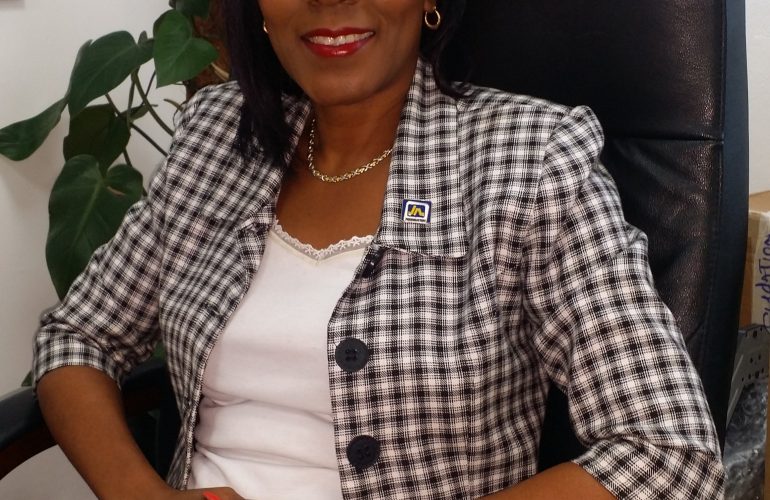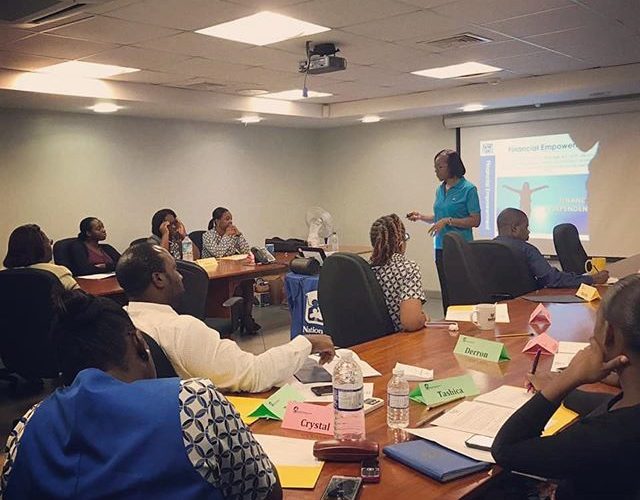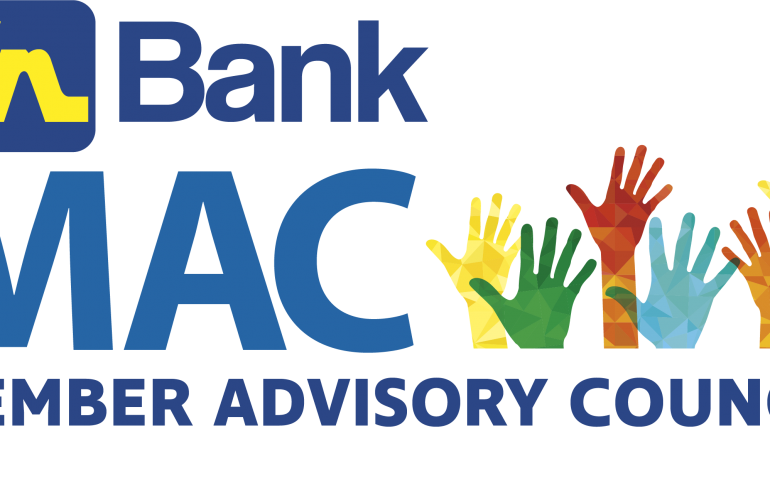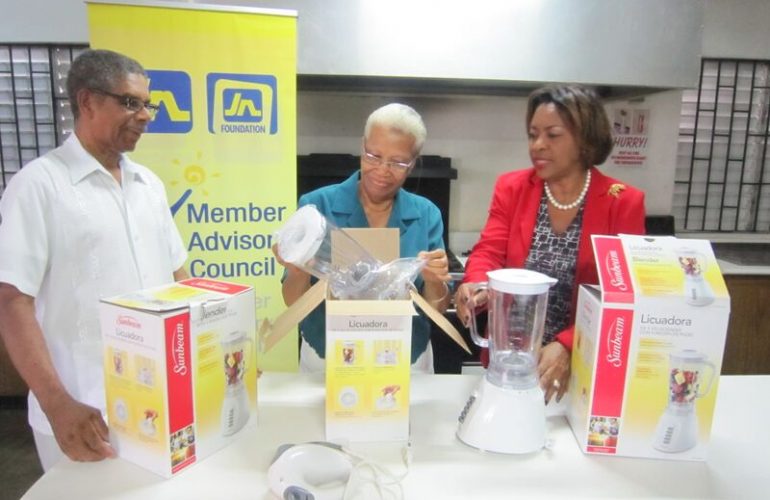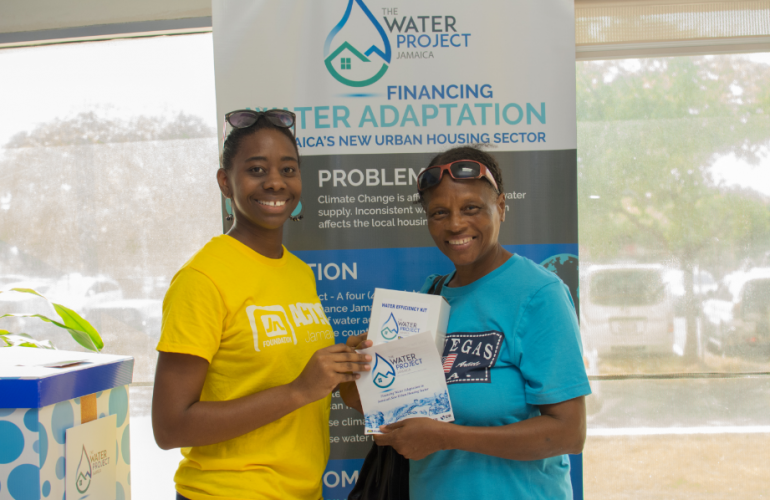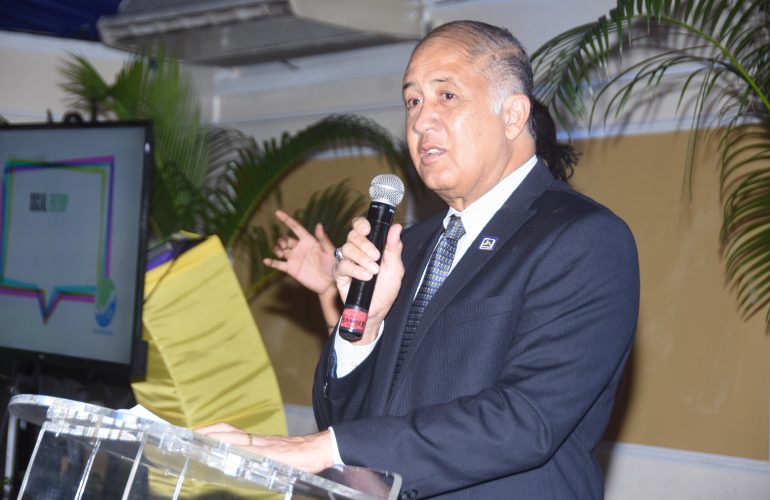Do you need life insurance in your 20s?
BUILDING a strong financial foundation in your 20s begins with having the right tools. A budget is one of those tools, especially if you’re focused on building an emergency fund, saving for retirement or paying off debt. Life insurance is another tool you may want to add to your financial toolbox.
Does life insurance for young adults make sense?
“That’s a question I receive from young people all the time,” says financial advisor Rose Miller.
“In fact, most people in their 20s, and even 30s, will tell you that they believe they are much too young to purchase life insurance. However, that’s actually the best time to purchase it,” she advises.
Miller is grants manager at JN Foundation and head of the JN BeWi$e financial empowerment programme.
She says there are many good reasons to buy life insurance in your 20s.
“If you’re in your 20s and just left university, chances are you’re single and child-less. However, like most people, getting married and starting a family are among your life goals.
“You may decide to settle down in your 30s, or later, and at that point, the need for life insurance may become clearer. The downside, however, is that when you wait to buy, the premium will be higher and oftentimes you may have to settle for lower coverage. This is because generally, life insurance for young adults is less expensive and the premium increases as one gets older,” Miller explains.
BENEFITS OF LIFE INSURANCE
Life insurance can cover many financial needs, including replacing lost income for your loved ones, such as a spouse or children who depended on your pay cheque to cover their day-to-day expenses. Proceeds from an insurance policy could bridge the gap for a period of time.
In addition to replacing lost income, life insurance can also be used to pay off any debt owed by your estate.
“Life insurance will reduce the stress of paying for funeral or burial costs, or any other final expenses. The average cost of a funeral in Jamaica is about $500,000. Even a small life insurance policy could be a good investment if you don’t want to saddle your loved ones with those costs,” says Miller.
TIPS FOR BUYING LIFE INSURANCE
Life insurance for young adults isn’t “one-size-fits-all”, and therefore, if you’re ready to buy, it helps to do your homework beforehand.
First, think about how much coverage you’ll need. If you’re unable to afford that level of coverage simply begin with what your budget will allow. As soon as you are able to, increase coverage by taking out new policies, or where applicable, take advantage of annual offers to increase coverage on existing policies.
Next, research your options. There are several types of policies available. For a young adult, finding a policy with an investment portion is a meaningful way to secure coverage, while at the same time, create wealth for later years. Compare the policies being offered and the premiums to find the policy which best suits your needs. Time is on your side, after all. While you may recognise the need for life insurance in your 20s, you don’t want to rush into making a decision without first getting an understanding of the facts and the varying benefits each type offers. Once you have a basic knowledge about the concept, purpose, and value of insurance, speak with an insurance advisor.
“Insurance is a valuable tool in the financial security tool kit. Use it to create, preserve and transfer wealth,” Miller advises.

